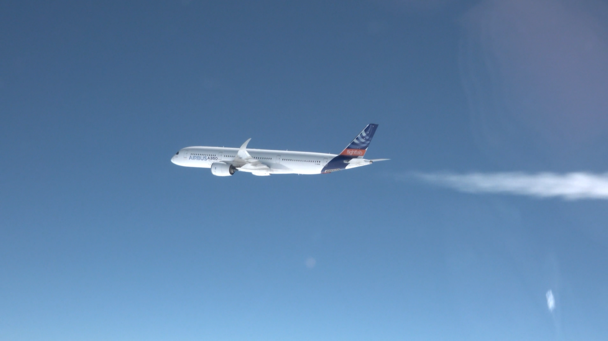Innovative Solutions for Aviation Non-CO₂ Emissions: Airbus Leading the Way
Key Ideas
- Airbus and industry leaders are exploring ways to reduce non-CO₂ emissions in aviation through operational contrail avoidance, sustainable aviation fuels, and hydrogen propulsion.
- Projects like PACIFIC and CRYSTAL focus on researching fuel alternatives, while initiatives like CICONIA aim to optimize flight paths to minimize contrail formation.
- Investments in hydrogen-powered flight, innovative propulsion systems, and humidity sensors show promise in mitigating non-CO₂ emissions and integrating solutions into flight operations.
- Collaborations between Airbus, scientists, and policymakers are driving the development of strategies to tackle non-CO₂ emissions, aiming to address climate impact and regulatory challenges.
The aviation industry, in collaboration with Airbus and other leaders, is actively investigating ways to reduce non-CO₂ emissions in aircraft operations. Contrails and other non-CO₂ emissions contribute significantly to aviation's overall climate impact, sparking a policy debate on regulating these emissions. Various projects, including PACIFIC and CRYSTAL, explore fuel alternatives like sustainable aviation fuels and hydrogen propulsion. Airbus is engaged in around 20 projects focusing on contrail avoidance, operational mitigation, and new technologies. Initiatives like CICONIA aim to forecast contrail-prone weather and optimize flight paths, while projects like Blue Condor are testing hydrogen-powered flight systems. Promising technologies such as humidity sensors are being developed to help aircraft avoid conditions conducive to contrail formation. These efforts aim to accelerate the integration of mitigation strategies for non-CO₂ emissions into flight operations, ultimately contributing to the aviation industry's sustainability goals.
Topics
Projects
Technology
Aviation Industry
Research
Collaboration
Sustainable Fuels
Climate Impact
Policy Debate
Contrail Avoidance
Latest News
